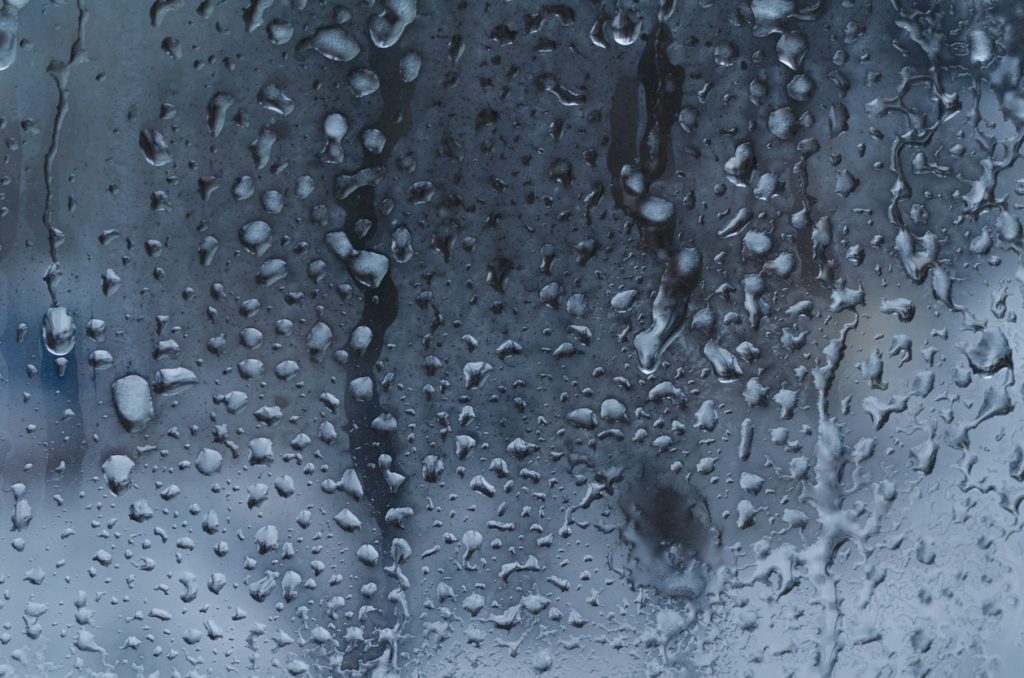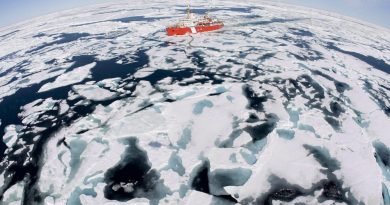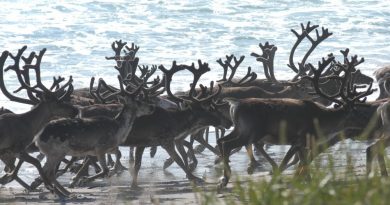July cooler than average for Finland, except in eastern Lapland

Finland experienced slightly cooler and more rain than usual in the month of July, except for the eastern part of the Arctic region of Lapland, where temperatures were slightly above the usual.
In other parts of the country, temperatures were approximately one to two degrees cooler than average.
“The coolish weather type characterised by low pressures was reflected fairly clearly in the number of hot days and sunshine hours,” said Jari Tuovinen, a meteorologist at the Finnish Meteorological Institute, in a news release.
The hottest temperature in July was in Liperi in North Karlelia that recorded 27.7 C on July 18.
The coldest temperature of the month, -0.9 C on July 3, was recorded in the Arctic village of Kilpisjarvi near the Finnish border with Sweden and Norway.
Month of unsettled weather
Precipitation was also heavy at times through July, a month the FMI characterized as being marked by unsettled weather. Rainfall in many regions of the country was more than 100 mm.
Isojoki, a municipality in the South Ostrobothnia region, recorded the highest rainfall at 193.1 millimetres.
The only regions of the country that maintained average precipitation levels for July were eastern part of Finland’s arctic Lapland region, and on the Aland islands in the country’s southwest.
Write to Eilís Quinn at eilis.quinn(at)cbc.ca
Related stories from around the North:
Canada: Global ocean temperatures hit new record highs in 2019 causing devastating effects in the Arctic, Eye on the Arctic
Finland: 40 C temperature gap between northern and southern Finland, Yle News
Norway: Temperatures on Svalbard have been above normal for 100 straight months, The Independent Barents Observer
Russia: Russian climate report stresses adaptation but no reduction in fossil fuel extraction, The Independent Barents Observer
Sweden: January temperatures about 10°C above normal in parts of northern Sweden, says weather service, Radio Sweden
United States: Temperatures nearing all-time records in Southcentral Alaska, Alaska Public Media



